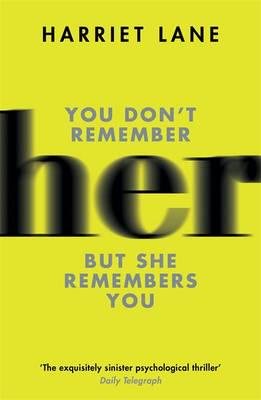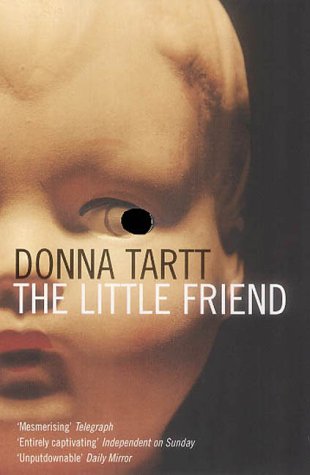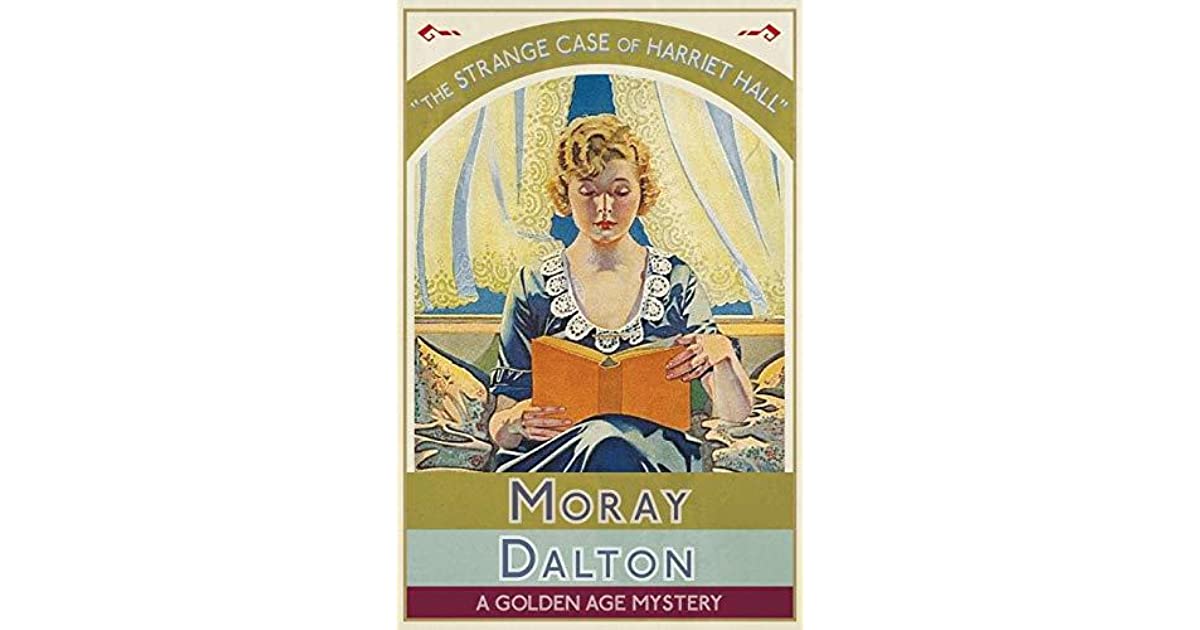
You don’t remember her but she remembers you.
Intriguing, yes? According to the Daily Telegraph, this is ‘[an] exquisitely sinister psychological thriller’, but, for me, it barely felt like a thriller. Short version: one woman deliberately insinuates herself into another woman’s life in what feels like preparation for some kind of revenge and just as we catch a glimpse of the ‘motive’, the story ends on what could generously be called a cliffhanger but felt more like a cliff edge. I wanted an epilogue. No, I think I wanted a different story altogether. Here’s the longer version.
What’s it about?
Emma is struggling with motherhood. After many years maintaining a moderately successful career and an independent life, she’s a mum-of-two who feels like her life is drudgery and resents the ease with which her husband has sustained his own existence while she feels submerged and consumed by her children.
Nina also has a child but as this child is a teenager on the verge of breaking away from family life, Nina appears to Emma as an incredibly sophisticated and independent woman, an artist who has the luxury of choosing how to spend her copious free time and is increasingly choosing to spend this time with Emma and her children.
Emma feels like Nina is recognising the woman Emma still believes she is underneath the ketchup on her top and flour in her hair, but Nina is seeing a much younger Emma and she remembers what that Emma did…
What’s it like?
‘her’ is beautifully written and strongly evocative of daily life with small children for modern families but laden down with unnecessarily repetitive narrative and, for me, an ultimately unsatisfying ending.
Emma’s day to day life is absolutely convincing, as are the interactions between the two women, but the whole structure of the plot annoyed me. We experience a meeting between the two from Emma’s perspective and it is immediately apparent that events are not unfolding exactly as she thinks they are. Very early on, when Nina does Emma a favour, it is obvious to the reader that it is not a favour at all, but for some reason Lane then retells the whole episode from Nina’s point of view. This adds nothing to our understanding as Nina is opaque about her actions; there’s no self-reflection, no snarky asides to the reader, nothing except an explicit recount of events that were already intuited by any half awake reader.
Most of the book is structured in this repetitive way until the ending, which is shockingly sudden and introduces a hint of awareness that doesn’t quite fit with the rest of the book. I was reading on to the end in the hope that it would redeem my experience of reading, but actually I found it equally as frustrating.
A creeping dread
I know ‘her’ has received many positive reviews and am happy to acknowledge the book’s strengths: lovely prose, which captures everyday life and encourages reflection on the impact of family relationships. I think I was simply anticipating something different when I was reading this: so many psychological thrillers are sharp, vicious things, featuring obviously malevolent characters committing aggressive acts, but Nina is so calm, so understated, that even when she is doing shocking things, they didn’t shock me because she herself was so matter of fact.
In hindsight, this book is growing on me. How did Nina do that, I wonder, without me feeling Emma was at risk? I think it’s because Nina neither plots nor celebrates her acts of terror: they simply occur. She is simply, disturbingly, existing with an entirely different agenda than Emma credits her with.
I can’t say more about the ending without spoilers, so I won’t, but what I will say is that I didn’t experience the tension I expected to feel when reading this. Nina presumably has a plan of some kind, but that plan is so opaque (although there is a little foreshadowing towards the end) and the eventual reason behind her hatred of Emma so unconvincing that at no point did I feel worried about the outcome. Perhaps this is more of a reflection on me: although I deplore cartoon villains, I feel maybe Nina’s character would only have worked for me with more insight into her and her motivations, about which we learn very little, despite her first person narration.
Final thoughts
Towards the close of the story, Nina outlines a view that neatly encapsulates Lane’s story telling:
‘I found the final plot twist unsatisfying, as plot twists often are: nothing like life, which – it seems to me – turns less on shocks or theatrics than on the small quiet moments, misunderstandings or disappointments, the things that it’s easy to overlook.’
This is a book all about those quiet moments: a quiet, slow build to a devastating climax.


